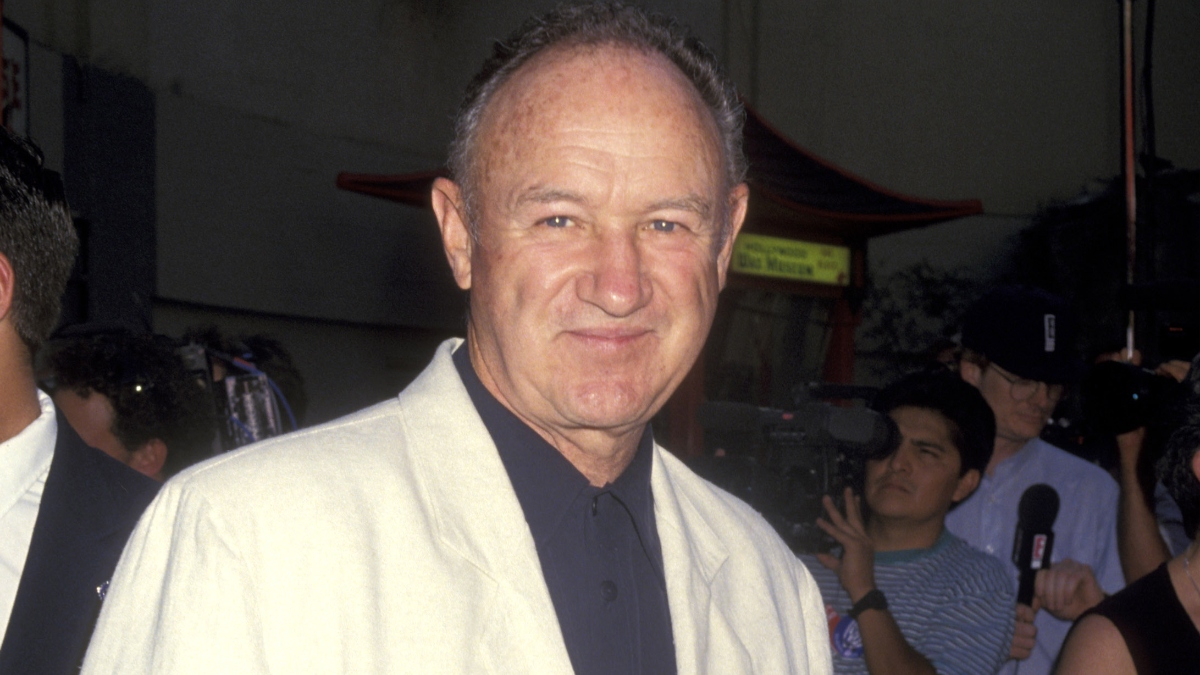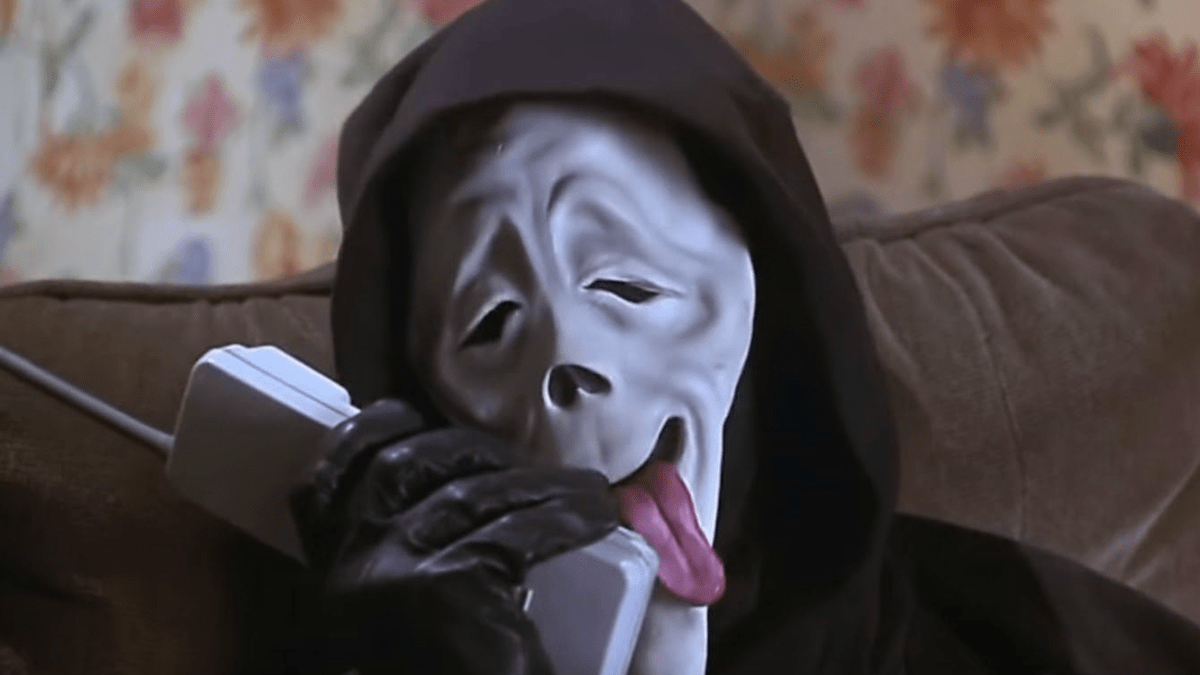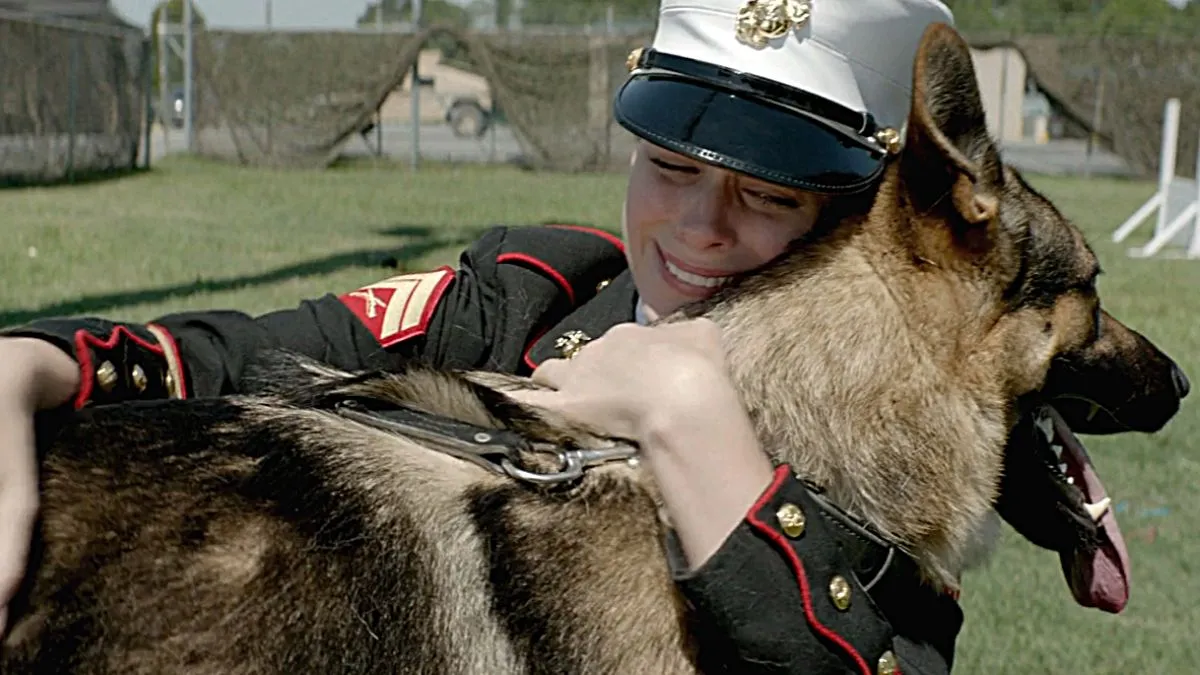Usually when you think of a movie as “conventional” it’s meant as a kind of insult. It can be a nice euphemism for boring, trite, or unoriginal pieces of filmmaking. But sometimes conventionality and cliché can be used in interesting ways. This is one of the many enjoyable qualities of Freeheld. Much of it is the type of love story we’ve seen in countless movies: couple meets, go through a period of flirtation, become increasingly close and intimate, then something happens, in many instances one of them becomes sick, and the story turns into one of those better to have loved and lost, tearjerker types of movies. They often serve their purpose, some sort of emotional bloodletting (or tearletting?) because all love stories end in sadness.
Freeheld presents this cliché story as an alternate universe version of the actual, real-life story of Laurel Hester and Stacie Andree. The movie shows them meeting, sharing all the kinds of lovely moments you’d expect in a romance film, but the privileges straight couples enjoy are soon apparent in Laurel and Stacie’s inability to receive them. It starts with the fact that the closest they can get to marriage is a domestic partnership, in a scene that smartly captures the underwhelming nature of this proposition. The culmination of this inequality, however, is made clear when Laurel learns she has cancer. Again, in many typical romance films, this is the pinnacle of a couple’s hardship. Here, it’s only the beginning.
On top of having to deal with the news of Laurel’s diagnosis, she and Stacie are then faced with the devastating information that Laurel’s pension, earned over her many years of service as a county police officer, will not be allowed to be passed on to her partner, since such benefits are only granted to straight couples. This extra level of hardship and stress they’re forced to deal with is an apt illustration of what it’s like to be outside of the privileged group—yes, those in positions of privilege face hardships, but those who are part of groups routinely marginalized by those in power must overcome obstacles both conventional and specific to their group.

The way this concept is played out in the film is handled rather gracefully and with the utmost degree of heart. The two easily identifiable factors that make the film such a quietly beautiful one are the lead actors, Julianne Moore as Laurel and Ellen Page as Stacie.
What more is there to say about Julianne Moore? She’s considered a member of the upper echelon of present day acting for good reason. She’s not someone who attracts award attention for excessively dramatic roles, but most often for taking characters in positions of conflict or hardship and finding a way to subtly express the many layers of emotions that are brought out by real-life drama. Laurel in particular is a character insistent on understatement: she’s just a good cop, which we see in action, who is bigger on action than talk, and who is more interested in taking care of her partner than in being the symbol of a movement.
Page, likewise, avoids any prospect of making her character one-note, proving herself capable of doling out some of the surprising features of her character, such as her expertise with cars, never straining plausibility. She’s a perfect balance to her counterpart, bursting with feeling to the point that she can’t hold it in, like an unsurpressable smile.
The story is held up strongly by its supporting cast, most notably Michael Shannon and Steve Carell. Shannon, playing Laurel’s work partner, Dane Wells, provides a nifty parallel to the person Laurel chooses as her life partner, Stacie — what he possesses as an actor, and what he infuses his character with, is a fascinating ability to convey so much going on beneath the surface. Everything he says seems to be selected from a host of things he wishes he could say. That makes it all the more satisfying when he finds a voice to support his partner and friend in her fight.
Carell, the most unorthodox casting decision, proves to be perfect in his role as Steven Goldstein, leader of Garden State Equality and frontman for the story’s courthouse protests. At first it seemed strange that such a comedic genius would be in a dramatic movie like this — his simply appearing on screen elicits anticipatory chuckles — but it actually works to great effect, emphasizing what is, from Laurel’s perspective, political theatrics, turning the court case into a media circus with Goldstein serving as both clown and ringmaster.
There are number of films centering on LGBT themes that are garnering a lot of attention at this year’s Toronto International Film Festival. Among these mainstream titles (at least the ones I’ve seen), Freeheld could be the best of the bunch. It may not be as topical as it would have been ten years ago, but it’s a helpful reminder of how quickly the tide turned on marriage equality in the United States, and a well-realized, heartfelt sharing of an important story in the history of equality.






